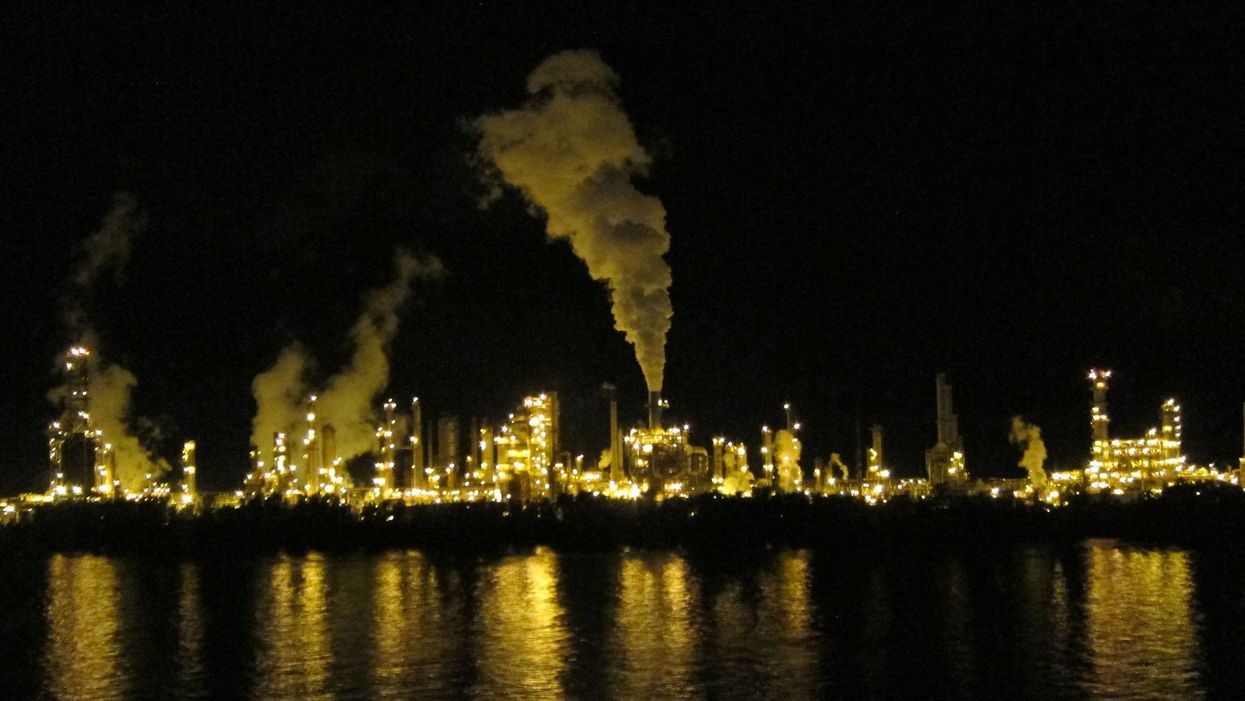SPECIAL PROJECTS
AGENTS OF CHANGE IN ENVIRONMENTAL JUSTICEADRIFT: COMMUNITIES ON THE FRONT LINES OF PESTICIDE EXPOSUREBPA'S EVIL COUSINPFAS ON OUR SHELVES AND IN OUR BODIESFRACTURED: THE BODY BURDEN OF LIVING NEAR FRACKINGEXPOSED: HOW WILLFUL BLINDNESS KEEPS BPA ON SHELVESBREATHLESS: PITTSBURGH'S ASTHMA EPIDEMICPEAK PIG: THE FIGHT FOR THE SOUL OF RURAL AMERICA
SPECIAL PROJECTS
AGENTS OF CHANGE IN ENVIRONMENTAL JUSTICEADRIFT: COMMUNITIES ON THE FRONT LINES OF PESTICIDE EXPOSUREBPA'S EVIL COUSINPFAS ON OUR SHELVES AND IN OUR BODIESFRACTURED: THE BODY BURDEN OF LIVING NEAR FRACKINGEXPOSED: HOW WILLFUL BLINDNESS KEEPS BPA ON SHELVESBREATHLESS: PITTSBURGH'S ASTHMA EPIDEMICPEAK PIG: THE FIGHT FOR THE SOUL OF RURAL AMERICA
SPECIAL PROJECTS
AGENTS OF CHANGE IN ENVIRONMENTAL JUSTICEADRIFT: COMMUNITIES ON THE FRONT LINES OF PESTICIDE EXPOSUREBPA'S EVIL COUSINPFAS ON OUR SHELVES AND IN OUR BODIESFRACTURED: THE BODY BURDEN OF LIVING NEAR FRACKINGEXPOSED: HOW WILLFUL BLINDNESS KEEPS BPA ON SHELVESBREATHLESS: PITTSBURGH'S ASTHMA EPIDEMICPEAK PIG: THE FIGHT FOR THE SOUL OF RURAL AMERICA
When you support our work, you support impactful journalism. It all improves the health of our communities. Thank you!
DONATE
Follow Us

Explore EHN
Your gateway to environmental health knowledge

Join the Environmental Health News community
Stay on top of the latest science and journalism about environmental health and climate change: Sign up for our daily and weekly newsletters.
select your newsletters
